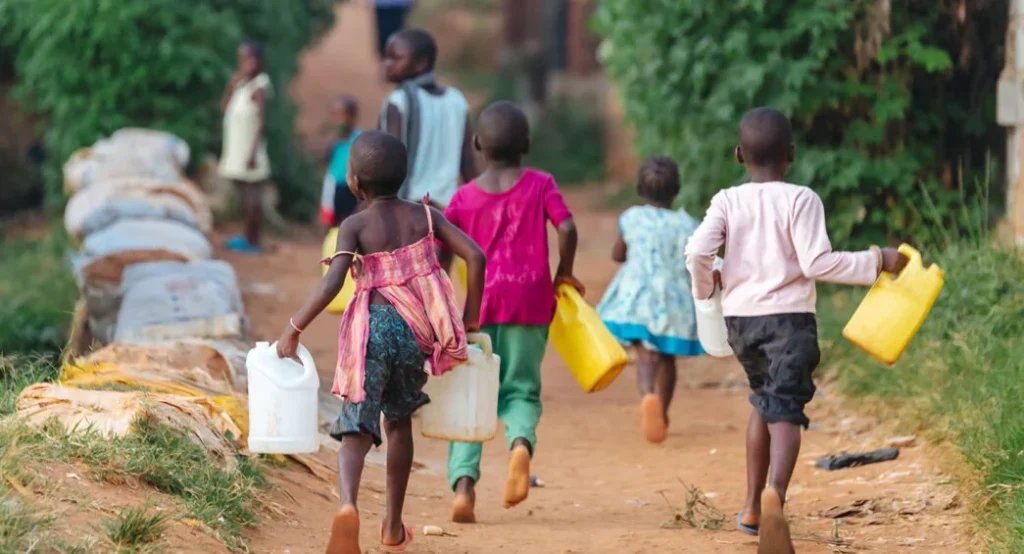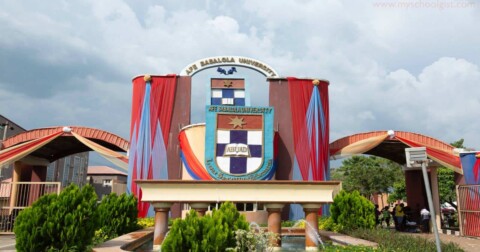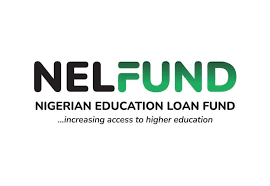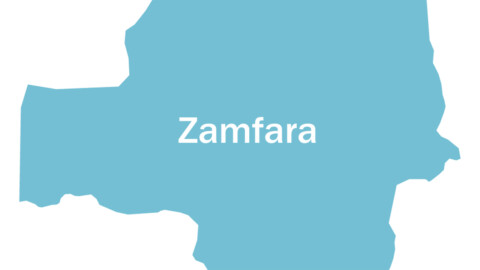The Federal Government has secured a $25.35 million concessionary loan from the Kuwait Fund for Arab Economic Development to support a wide-reaching initiative aimed at reducing the number of out-of-school children in Kaduna State.
The loan, which was signed on behalf of the Kaduna State Government, forms part of a larger $62.8 million blended financing package involving several international development partners. The overall goal is to expand access to quality and inclusive education in Kaduna, one of the Nigerian states most affected by education challenges.
In a statement released on Tuesday by Mohammed Manga, Director of Information and Public Relations at the Federal Ministry of Finance, the fund will support the Reaching Out-of-School Children programme. The programme is designed to reach vulnerable groups such as girls, children with disabilities, and internally displaced persons, focusing on improving access to learning and educational equity.
According to the statement, over 100,000 children are expected to be enrolled through the initiative. The programme will also involve the construction or rehabilitation of more than 200 schools, with the aim of improving the learning environment and strengthening teacher capacity in underserved communities across the state.
The Minister of Finance and Coordinating Minister of the Economy, Wale Edun, represented by Minister of State for Finance, Dr Doris Uzoka-Anite, said the programme reflects the Federal Government’s commitment to transparency, accountability, and impactful investment in the social sector. He emphasised that with the high number of out-of-school children—especially in northern Nigeria—every intervention must yield tangible results. Edun also commended the Kaduna State Government for its leadership and proactive partnership, expressing hope that the programme could serve as a model for replication across other regions.
Governor Uba Sani of Kaduna State reaffirmed the state’s commitment to prioritising education, revealing that the state had already fulfilled its counterpart funding commitment of $1 million. He further disclosed that Kaduna has increased the education sector’s share of its 2025 budget to 26 percent as part of broader efforts to drive human capital development.
The programme will see the construction of 102 new climate-resilient schools and the rehabilitation of 170 existing schools and learning centres. Particular focus will be placed on reaching marginalised communities and ensuring that no child is left behind.
Director-General of the Kuwait Fund, Dr Wahid Al-Bahar, described the project as an investment in hope, stating that the initiative’s value goes beyond infrastructure. He highlighted the importance of improved enrolment, learning outcomes, and community involvement in measuring the success of the programme.
Other financiers include the Islamic Development Bank with a $10.5 million loan, the Global Partnership for Education contributing a $15.45 million grant, the Education Above All Foundation offering a $10 million grant, and Save the Children International providing $0.5 million in technical support. Kaduna State’s contribution remains at $1 million.
The Federal Ministry of Finance will coordinate the programme’s financial and reporting processes in collaboration with Kaduna State and other partners. Regular joint assessments will monitor metrics such as enrolment, teacher training, and academic performance to ensure the programme delivers measurable, lasting impact.





